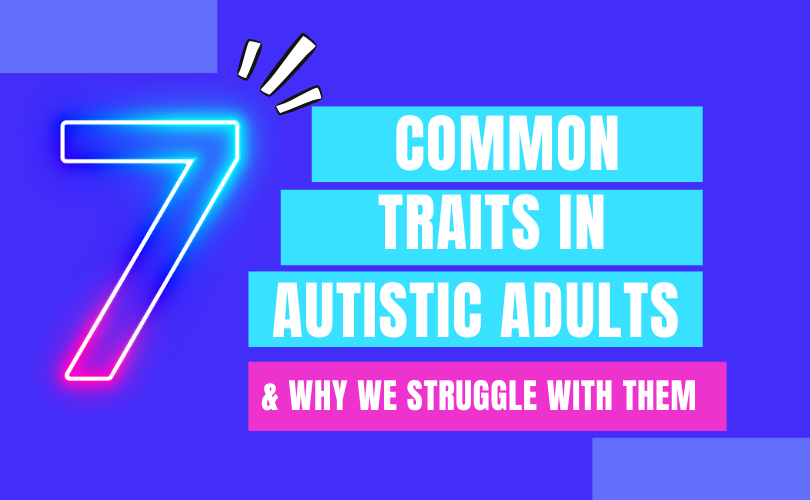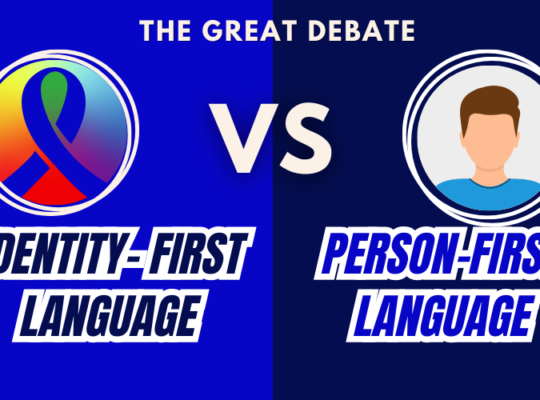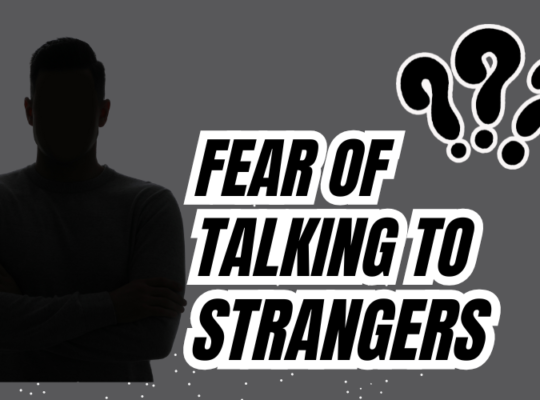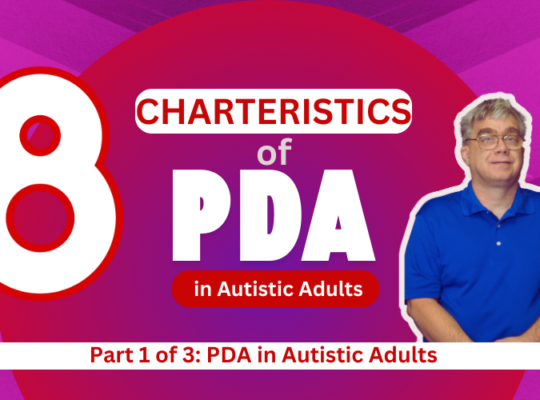There are many traits or characteristics that are associated with Autism, and by no means is this a complete or extensive list of Autistic ADULTS’ traits, here are 7 that are often experienced by Autistic adults and the reasons behind why they occur.
- An intense drive to get to the bottom of an area of curiosity or to learn everything on a topic of interest.
This is caused by a phenomenon called “special interests”. Special interests are characterized by a focused and absorbing fascination with specific subjects, often stemming from our unique neurological processing that can lead to a deep dive into details and a desire for comprehensive understanding.
- Difficulty in noticing and distinguishing emotions. Hunger, thirst, physical illness
There are many possible contributing factors to these challenges for us Autistic adults including:
Differences in interoception (interoception refers to our ability to sense internal body states).
Alexithymia (a condition characterized by difficulties identifying and describing one’s emotions).
Sensory processing differences (an amplification or dulling of body sensations).
Our cognitive processing style (many of us process information in a detail-oriented and logical manner which can lead to experiencing difficulties in recognizing subtle. Abstract or rapidly changing emotional or physical pain).
Our challenges in emotional regulation (making it more difficult for us to respond or cope effectively to our emotions).
social and developmental factors which can lead to a decreased abililty of understanding of how emotions and bodily states are experienced and expressed.
Co-occurring conditions including anxiety, depression, or gastrointestinal issues which can further blur the distinction between emotional and physical sensations. For example, anxiety might feel like stomach pain or chest tightness, making it harder to pinpoint whether the sensation is emotional or physical.
- Intense pleasure and/or discomfort from sensory experiences including auditory, touch, vision, etc.
Autistic adults like us often experience intense pleasure or discomfort from sensory experiences due to differences in sensory processing, which is a core characteristic of autism. These differences are rooted in the way the brain processes, integrates, and responds to sensory input, and can vary widely from person to person.
- Seeking out sensory experiences including skin picking, carrying around essential oils, playing songs on repeat, intense exercise to feel burn of muscles.
Many Autistic adults often seek specific sensory experiences because these activities provide regulation, comfort, and a sense of control over their sensory and emotional worlds. Behaviors, such as skin picking, carrying essential oils, playing songs on repeat, or intense exercise, are linked to the way our autistic brains process sensory input and manage emotional or physical states.
- Exhausted by unstructured social group settings but may be comfortable in 1 on 1 social interaction
For many Autistic adults feel exhausted by unstructured social group settings but may thrive in one-on-one interactions due to differences in sensory processing, social dynamics, and energy management.
- Sleep Issues
Sleep challenges are common in autism, and they can manifest as difficulty falling asleep, staying asleep, or experiencing restful sleep. These challenges come from a combination of neurological, sensory, and psychological factors.
- Experiencing an underlying sense of unfamiliarity, or need for preparation, even in situations that are routine including prepping for happy hour conversations with familiar colleagues, studying locations/menus, etc.)
Autistic adults often experience an underlying sense of unfamiliarity or a strong need for preparation, even in routine situations, due to differences in how our brains process information, anticipate events, and respond to uncertainty.







